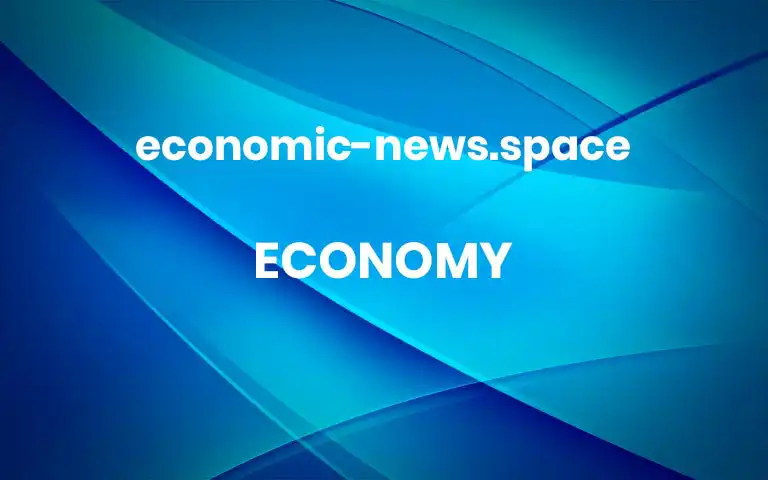What Will Happen if Russia Defaults on Its Debt?

The ultimate arbiter of a sovereign default is an open question but markets may have the final word.WASHINGTON — Russia is ambling toward a major default on its foreign debt, a grim milestone that it has not seen since the Bolshevik Revolution more than a century ago and one that raises the prospect of years of legal wrangling and a global hunt by bondholders for Russian assets.The looming default is the result of sanctions that have immobilized about half of Russia’s $640 billion of foreign currency reserves, straining the country’s ability to make bond repayments in the currency the debt was issued in — dollars. Girding for a default, Russia has already pre-emptively dismissed it as an “artificial” result of sanctions imposed by the United States and its allies, and it has threatened to contest such an outcome in court.The coming fight, which would probably pit Russia against big investors from around the world, raises murky questions over who gets to decide if a nation has actually defaulted in the rare case where sanctions have curbed a country’s ability to pay its debts.Russia does not appear likely to take the declaration of a default lightly. If that should occur, it would raise Russia’s cost of borrowing for years to come and effectively lock it out of international capital markets, weighing on an economy that is already expected to contract sharply this year. It would also be a stain on the economic stewardship of President Vladimir V. Putin that would underscore the costs Russia is incurring from its invasion of Ukraine.At stake for Russia, which has already suffered the abrupt rupture of decades of crucial business ties with the United States, Europe and other nations, is one of the underpinnings of economic growth: the ability to smoothly borrow money from outside its borders.Since Russia’s predicament is so unusual, it remains something of an open question who is the ultimate arbiter of a sovereign debt default.“This points to the squishiness and patchwork nature of sovereign debt markets,” said Tim Samples, a legal studies professor at the University of Georgia’s Terry College of Business and an expert on sovereign debt. “I think this is set to be convoluted and disputed for a variety of reasons.”Mr. Samples suggested that there could be a “cascade” of events that brings Russia to a default.The most direct verdict could come from the big credit ratings agencies, which have already signaled that Russia’s credit worthiness is eroding and that a default could be on the horizon.This past week, Moody’s warned that Russia’s payment of about $650 million of dollar-denominated debt in rubles on April 4 could be considered a default if it does not reverse course and pay in dollars by May 4, when a 30-day grace period concludes. That followed a similar warning earlier in the week by S&P Global, which placed Russia under a “selective default” rating.But it is not clear how the ratings agencies will weigh in if Russia fails to make payments after its grace periods run out because of European Union sanctions that have restricted the agencies from rating Russia. Spokesmen from Moody’s and S&P did not comment. A Fitch spokesman said he could not offer any comments on Russia’s creditworthiness in light of the sanctions.The Biden administration put additional pressure on Russia earlier this month when the Treasury Department started blocking Russia from making debt payments using dollars held in American banks. That new restriction was intended to force Russia to choose between draining the remaining dollar reserves it has in Russia or using new revenue (from natural gas payments, for example) to make bond payments and avoid defaulting on its debt.Russia can still make payments on Russian sovereign debt as long as it is not trying to use funds from Russian government accounts that are held in American financial institutions.After the grace period on the foreign currency bond payments expires on May 4, the next key moment will be May 25. That is when American bondholders will no longer be able to accept Russian debt payments under a temporary exemption that the Treasury Department has allowed.The Russian central bank’s offices in Moscow. A default would raise Russia’s cost of borrowing and effectively lock it out of international capital markets.The New York TimesWhile the verdict of the ratings agencies carries significant weight, bondholders will determine the consequences of Russia failing to make payments that were due or that violate the terms of its contracts. The bondholders could take a wait-and-see approach or declare that the bonds are immediately due and payable, which could cause other bonds with “cross default” provisions to also be in default.Another potential arbiter of default is the Credit Derivatives Determination Committee, which is a panel of investors in the market for default insurance, or credit-default swaps. The committee is deliberating whether Russia’s payments in rubles constitute a “failure to pay,” which would kick-start insurance payouts. The panel already ruled that the state-owned Russian Railways JSC was in default for missing a bond interest payment.To some analysts, that decision and the payments in rubles mean that Russia already is technically in default.“If Russia doesn’t pay on time, doesn’t pay in the currency in the contract, that’s a default — it’s crystal clear,” said Timothy Ash, a senior sovereign strategist at BlueBay Asset Management. “For all intents and purposes, Russia is already in default.”The Russia-Ukraine War and the Global EconomyCard 1 of 6Rising concerns. More



